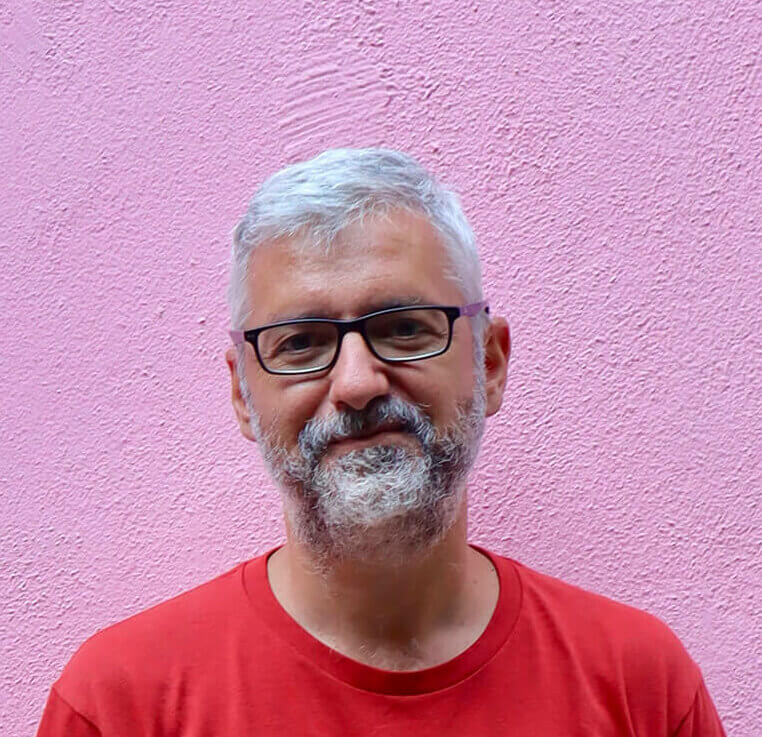Διάβασα ένα εκτενές και πολύ ενημερωτικό άρθρο για το Μεσανατολικό από τη σκοπιά των Ισραηλινών, με έμφαση στις απόψεις τριών διάσημων και μετριοπαθών συγγραφέων, του Άμος Οζ, του Αβραάμ Γεοσούα και του Νταβίντ Γκρόσμαν. Ο τελευταίος έχει και μια πολύ προσωπική εμπλοκή στο συνεχιζόμενο πόλεμο. Να το συγκλονιστικό απόσπασμα -ξεκινά λίγο μετά από τη συνέντευξη τύπου που έδωσαν οι τρεις συγγραφείς:
"Grossman closed the press conference without mentioning his personal interest in the war: his 20-year-old son, Uri, was a tank commander then fighting in Lebanon. To do so would have been unseemly, and un-Israeli, he told me later. “The cause was to stop the war for the sake of the entire country.”
Grossman is 54, but he is trim and his face is unlined. He is reflective and self-contained, somewhat owlish, but not without humor. We met on a cold day in Jerusalem, at Mishkenot Sha’ananim, an artists’ colony situated across the Valley of Hinnom from Mount Zion.
Grossman told me that after the press conference, he went home to work on his latest novel, which he had begun in May of 2003, when Uri, the second of his three children, was about to be called up for army service. Grossman’s oldest boy, Yonatan, had already completed three years in the army.
“I thought about writing a novel about an Israeli soldier, a tank commander, who goes to a big military operation,” he said. “His mother has a kind of premonition that he’s going to be killed, and she will do everything she can in order to prevent that from happening. So she escapes. She will not be at home when the army comes to announce the death of her son. She understands that bad news takes two people, one to deliver and one to receive, and she will not be there to receive. She starts a walk across Israel, a 500-kilometer walk, and she tells the story of her son’s life, from the smallest details to the largest things, to someone who is very significant to her. She believes that this will protect her son.”
Grossman himself took a similar journey while writing the book, spending weeks crossing Israel on foot, and he visited with army officers whose duty it is to inform families of the deaths of their children.
At 2:40 a.m. on Sunday, August 13, three days after the press conference, Grossman’s doorbell rang. There were officers at the door. Uri had been killed in action in Lebanon, in the village of Hirbat Kasif, when a Hezbollah missile struck his tank. He was one of 24 soldiers to die on the first day of the ground offensive. Five hours later, David and his wife, Michal, woke up Uri’s sister, Ruti, who was then 13. As she cried, she asked, “But we will still go on living, right?”
